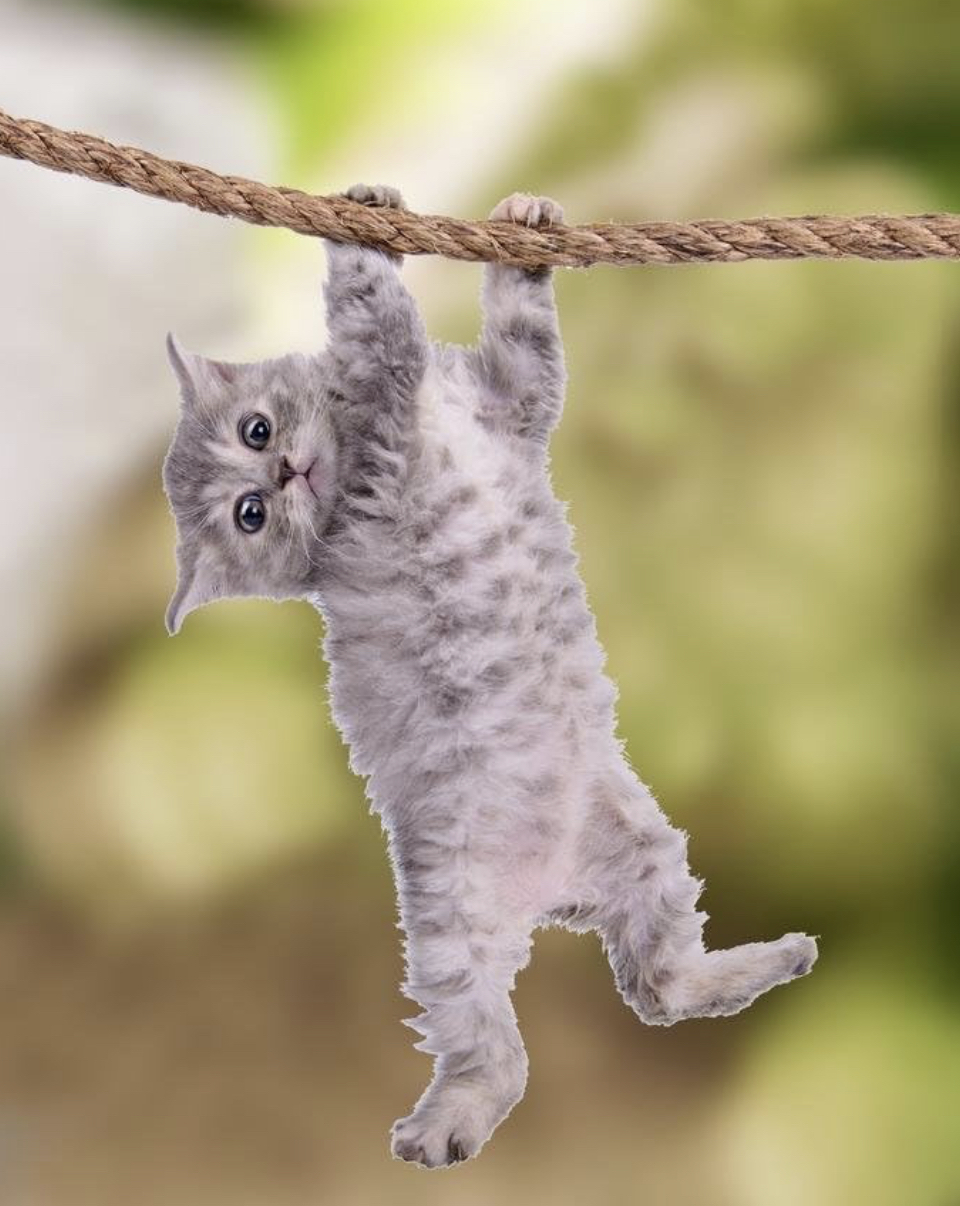When I was a kid we used to play in the storm drains with our skateboards and Jesus Christ I cannot imagine what my reaction would be if all of a sudden I saw a motorcycle come roaring through.
MerryChristmas [any]
- 0 Posts
- 49 Comments

 83·1 year ago
83·1 year agoI once watched in horror as my old roommate boiled up some plain ground beef, poured it into a spaghetti strainer, took the spaghetti strainer over to the couch and ate the ground beef out of the spaghetti strainer sitting in his lap. He kept going “ow, goddammit!” as the hot grease seeped out and then dabbing his crotch with a dirty paper towel.
Lauren Boebert gives me that same sort of vibe.

 12·1 year ago
12·1 year agoNow ask him his thoughts on Stalin.

 8·1 year ago
8·1 year agoHorror can be reactionary but it cannot be conservative. As a genre, horror is defined by its subversive elements. Remove those from a horror game and all that you’re left with is a poorly lit walking simulator.
 11·1 year ago
11·1 year agoIf someone shares a story and you have a similar story to share, that is usually a good entry point. Don’t do this everytime someone shares a story - the goal should be to make them feel like you heard them and can relate in some way rather than to actually share.
Another good way to show that you are actively participating in the conversation is to ask follow-up questions. If they are talking about a recent vacation, for example, you can ask them what made them choose the destination they ended up at. Most of the time you don’t actually care about this information, but that’s the price you pay to engage. If you’re clever about it, however, you can sometimes use these follow-up questions to steer the conversation toward a topic you’re actually interested in.
Note that neurotypicals will call you manipulative if they catch you steering things toward your special interests too often. They’re right, I guess, but they all do it all the time, too - they just don’t notice because they don’t have to put conscious effort into it. If people resist your topic, just try your best to set it aside for another time.

 10·1 year ago
10·1 year agothat is, the final exhaustion of the great dialectical battle between the forces of freedom and fundamentalism.
This is such an irresponsible bastardization of the master-slave dialectic. Whoever thought it was okay to publish this piece deserves to be paraded through the street and pelted with rotten tomatoes.
 10·1 year ago
10·1 year agoBeing able to abstract between the general and the specific with ease means that neurotypicals can compress information in a way that still preserves the core message, give it to another NT, and then the other NT can extract the useful parts with the same relative effort. The speaker delivers a small subset of the initial information and the listener absorbs an even smaller subset, but it’s enough for NTs in most day-to-day communications.
As autistics, we tend to find utility in a lot more information than neurotypicals do. Our communication style requires the listener’s full attention to be most effective because it gives them much more information to parse. It takes more time and energy from both parties, but it’s lossless and it leads to a more complete understanding.
On the autism thing… what are your interests? I’m in largely the same boat, but I’ve made a few friends through a local club for fish keepers. While I doubt that is of much interest to you, the most pleasant part about it is that I never have to make small talk or worry about masking. Hobbyist communities were tailor-made for autistic people and they usually have some sort of structured social activities to participate in. Mine even does a monthly Zoom social hour for the immunocompromised and agoraphobes like me.
Bars and clubs have never been my preferred social space for the reasons you’ve listed, but those venues are honestly designed for neurotypicals to meet other neurotypicals. If you enjoy them then by all means keep at it, but I’d also suggest finding some more ND-friendly spaces so that you aren’t exclusively comparing yourself to the more socially fluent NTs in your life. Some examples I’ve found beyond hobbies:
-
Some nearby kombucha bars are a lot quieter than traditional bars and often will even hold designated sensory-friendly events. Usually the sort of people who go to a kombucha bar instead of a traditional bar are also looking to meet people. A colleague who is also autistic introduced me to the concept.
-
Animal shelters that need volunteers are nice because you get to know people while working alongside them in a low pressure environment, and anyone who volunteers at an animal shelter will likely be at least somewhat empathetic. Of course, some of the volunteers are simply there because they prefer the company of animals over people.
-
If there’s a college nearby, I’ve enjoyed attending some community theater productions and usually people are willing to talk about the show when it’s done. I’ve never met any friend this way, but it’s alright when you’re craving some conversation beyond job-related small talk.
-
The kombucha colleague also goes to a drum circle… I think I’d be way too self-conscious to do anything like that, but it has become pretty integral to his social life. He is not an accomplished social masker so I think it must be a pretty welcoming environment?
Once I stopped trying to socialize the way neurotypicals socialize, my social life became much more enjoyable. It’s good to push yourself out of your comfort zone, but there’s also plenty of good to find within your comfort zone. I aim for the sweet spot where the two start to overlap.
-
Climbing. I started going to a climbing gym sometimes and I can feel it in my butt for days.

 19·1 year ago
19·1 year agoDamn, this is good media criticism.

 4·1 year ago
4·1 year agoI’m going to take the enlightened centrist position and say fuck 'em but also I hope this line of inquiry leads them to reevaluate some of their beliefs.

 6·1 year ago
6·1 year agoYou have to start from the idea that genocide is a good thing.

 15·1 year ago
15·1 year agoThe apps train us to choose relationships the same way we choose which YouTube video to watch next. I got married just before these apps got big, but I remember watching dudes spend all day swiping and showing off their matches like it was their Pokemon card collection. There has always been an element of consumption in dating under capitalism, but with the apps dating as consumption is taken to a whole different level. They encourage the toxic behavior of using relationships as status signifiers.

 33·1 year ago
33·1 year agoHow many of these chuds have ever left their hometown for more than a business trip?

 5·1 year ago
5·1 year agoThe sort of person this rhetoric appeals to doesn’t even believe teens should be outside unsupervised in the first place. Electric bikes just encourage them to explore and learn about dangerous ideas like community.

 15·1 year ago
15·1 year agoInfrastructure projects aside, I hear the man also had a lot of sex.

 14·1 year ago
14·1 year agoEvery time you complain we’re gonna add another letter.

 14·1 year ago
14·1 year agoI am genuinely curious how they came to this conclusion.


It happened more than once.